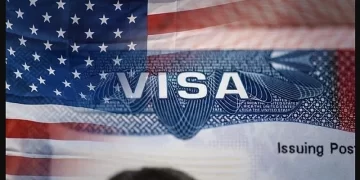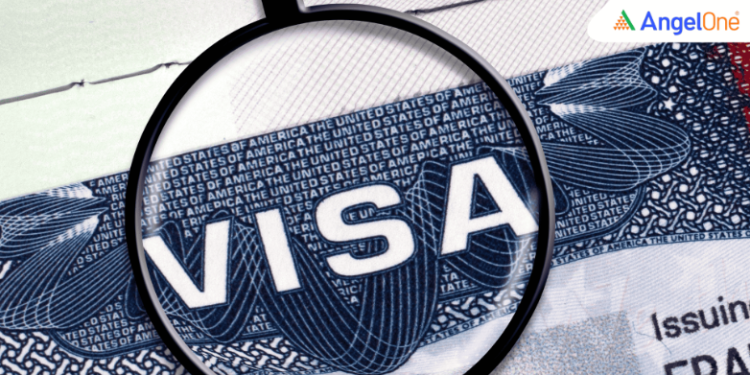New Policy Aims to Curb Visa Overstays and Generate Revenue
Foreign nationals applying for nonimmigrant U.S. visas will soon be required to pay a mandatory “visa integrity fee” under the Trump administration’s newly passed One Big Beautiful Bill Act.
The fee, set at a minimum of $250 per applicant, aims to reinforce the country’s immigration system and reduce visa overstays, according to the Department of Homeland Security (DHS).
Though the policy has been enacted, details on implementation remain unclear. The DHS confirmed that inter-agency collaboration is required before the fee can be fully operational.
Scope and Payment Structure
The fee applies to all foreign nationals requiring a nonimmigrant visa, including tourists, business travelers, and international students. However, travelers from Visa Waiver Program countries, such as Australia, Japan, and most of Europe, are exempt.
Applicants will pay the fee when the visa is issued—not during application. If the visa is denied, the fee will not be charged. Importantly, this charge is in addition to existing visa fees and other costs like the recently increased Form I-94 fee, which rose from $6 to $24.
Reimbursement: Conditional and Uncertain
Travelers may qualify for a reimbursement of the visa integrity fee if they fully comply with their visa conditions, including not overstaying by more than five days and refraining from unauthorized employment. However, the reimbursement process is expected to take years to implement, and legal experts advise applicants to treat the fee as non-refundable.
Policy Goals and Economic Impact
DHS emphasizes that the policy is designed to restore integrity to the immigration system. Data from the U.S. Congressional Research Service shows that 1-2% of nonimmigrant visitors overstayed their visas between 2016 and 2022, contributing to the estimated 42% of the undocumented population in the U.S. who initially entered legally.
The U.S. Congressional Budget Office (CBO) projects that the fee could generate $28.9 billion in revenue and reduce the fiscal deficit between 2025 and 2034.
Travel Industry Concerns
Industry stakeholders have raised concerns about the impact of the new fee, especially for leisure and business travelers (B visa holders) and international students, who might be discouraged by the added financial burden.
Read Also: T-Bills surge: Ghana’s latest auction oversubscribed by 98%, highest in two months
Moreover, the travel sector faces additional hurdles following the funding cuts to Brand USA, the agency responsible for promoting tourism to the U.S. The One Big Beautiful Bill Act reduced Brand USA’s funding from $100 million to $20 million, potentially hampering efforts to attract global visitors ahead of major events like America’s 250th anniversary in 2026 and the FIFA World Cup.
Unresolved Questions
The timeline for implementation remains uncertain. The DHS indicated that further regulatory guidance and infrastructure for fee collection and reimbursements need to be developed.
Legal experts, including Steven A. Brown from Reddy Neumann Brown PC, advise travelers to budget for the fee as a sunk cost, given the government’s complex refund mechanisms.



























